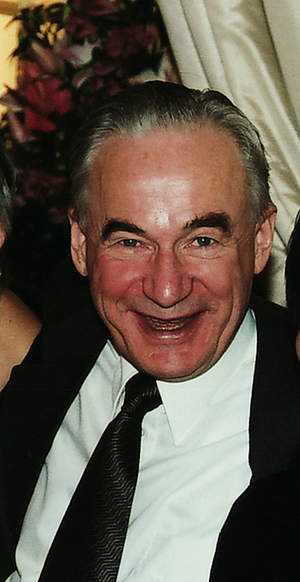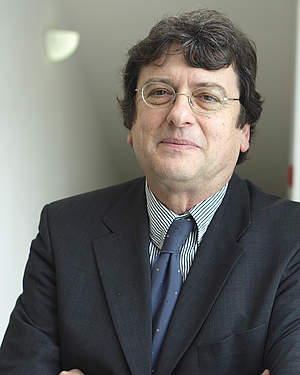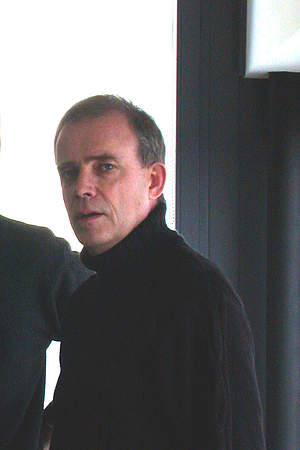Teaching Course (Sub-Committee)
Develops and maintains rules and procedures for the organisation of teaching courses at EFNS congresses. The Teaching Course Committee is in charge of the organisation of teaching courses at EFNS congresses. In carrying out this task it closely co-operates with the Congress Programme Committee and the Local Organising Committee. For each EFNS Congress, the committee co-opts one member of the Local Organising Committee. In all matters concerning approval for CME credits the Teaching Course Committee consults with the Education Committee. The Teaching Course Committee makes proposals for fund raising for teaching course purposes. It has no authority to enter financial obligations on behalf of the EFNS or the Local Organisers.
Chairpersons

In 1997, the World Congress should take place in Buenos Aires, and the EFNS meeting was therefore of a slightly smaller format and took place at the Hilton hotel in Prague June 3-7. We had our first meeting of the Teaching Course Committee June 6, in Hilton Room B. We soon agreed on a pattern which EFNS since has followed. We decided that the Teaching Courses should take place in the days immediately before the congress, Saturday and Sunday. There should be two types of Teaching courses, major (dementia, epilepsy, headache and stroke). The dementia TC was named after Luigi Amaducci as the Luigi Amaducci Teaching Course. The major courses lasted for 4 hours split into two sections each 2 hrs. In addition come 6-8 minor courses that lasted for 2 hrs. Each course should have its convenor, who should be responsible for selection of speakers and also for each speaker handing in a synopsis of the presentation. It was in Prague that we agreed on evaluation forms for teaching courses, modelled after the AAN. We also decided that the speakers should hand in a syllabus covering their presentation.
During the World Congress in Buenos Aires, the Teaching Course Committee met September 17 and decided Teaching Courses for the EFNS congress in Lisbon 1999, corresponding to the decisions taken in Prague.
In 1998, we met in Seville September 19-25. The weather was beautiful, except for the last day, when we should have a great evening sitting in the open air. The organizers did a superb job and the congress became a success. The Teaching courses had been decided in Rome two years earlier. The Symposium “Epilepsy in the Arts” September 22 was a success. We had now reached a stage of planning so we could present a master plan for Teaching Courses also for Copenhagen 2000.
In Seville, a meeting took place between the Management Committee and the European Parkinson Disorder Society. It was decided that EFNS, instead of EFNS organizing special Teaching Courses on Parkinson’s Disease, the European Parkinson Society would take care of the Parkinson courses. Andrew Lees and Eduardo Tolosa were instrumental in this discussion.
The Lisbon conference took place September 7 – 11, 1999. I flew in from Davis, California, where I had my second sabbatical. The Teaching Courses were held Tuesday 7 and Wednesday 8, and the formal opening of the congress was September 8. During our stay in Lisbon, a massacre had taken place in the former Portuguese colony East Timor. All statues in Lisbon were in black, and it dominated the Lisbon streets. We had a meeting of the TCC to discuss the programme for Copenhagen, but since the World Congress 2001 would take place in London, there would be no EFNS congress that year. The Copenhagen congress was 14-18 October 2000.
The Teaching Course Committee was never much involved in the Regional Teaching Courses, which were mainly organized by the Prague office.

no personal remarks

no personal remarks